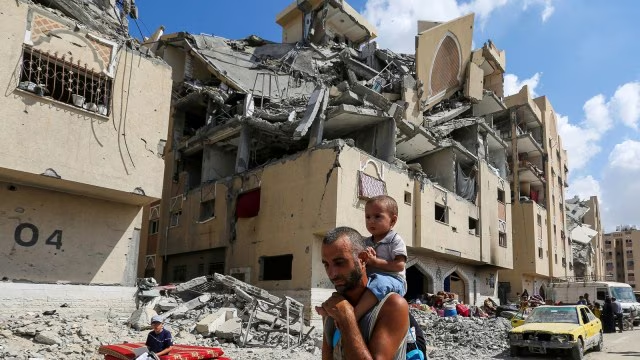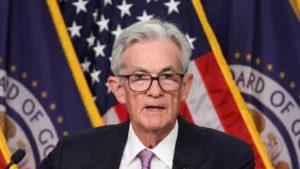
The ongoing Israel-Hamas conflict has reached a new level of intensity, with both sides escalating military actions in recent days. The violence, which has resulted in heavy casualties, including a significant number of civilians, has prompted urgent calls for a ceasefire from global leaders. As the situation deteriorates, international diplomatic efforts are underway to halt the bloodshed and bring both parties to the negotiating table.
Rising Civilian Casualties
Since the latest wave of violence began, thousands of civilians have been caught in the crossfire, with homes, schools, and hospitals in Gaza being destroyed by Israeli airstrikes. At the same time, Hamas has launched a barrage of rockets toward Israeli cities, forcing millions to seek shelter and putting lives at risk. The humanitarian crisis is deepening as infrastructure in Gaza collapses under the strain, with shortages of food, water, and medical supplies exacerbating the already dire situation.
The death toll continues to rise on both sides, with reports of children, women, and the elderly among the victims. International organizations, including the United Nations and the Red Cross, have expressed concern over the growing civilian casualties and have called for an immediate end to the hostilities to allow humanitarian aid to reach those in need.
Global Calls for a Ceasefire
In response to the escalating conflict, world leaders have called for a ceasefire and renewed peace negotiations. The United States, European Union, and United Nations are leading efforts to broker a ceasefire, urging both Israel and Hamas to halt their attacks and engage in dialogue. U.S. President Joe Biden has emphasized the importance of protecting civilian lives and avoiding further escalation, while also reaffirming Israel’s right to defend itself against rocket attacks.
The international community is divided on the conflict, with some countries, including Egypt and Qatar, actively working behind the scenes to mediate a ceasefire agreement. Meanwhile, protests have erupted in cities around the world, with demonstrators calling for an end to the violence and expressing solidarity with the Palestinian people.
The Challenge of Diplomacy
Despite widespread calls for peace, the road to a lasting ceasefire remains difficult. Israel maintains that its military operations are aimed at dismantling Hamas’ military infrastructure and stopping rocket fire, while Hamas accuses Israel of carrying out indiscriminate attacks on civilians. The deep-rooted tensions between the two sides, compounded by years of failed peace talks, make a quick resolution unlikely.
Global leaders are attempting to navigate this complex geopolitical landscape, with some pushing for more assertive diplomatic measures, including sanctions or international pressure, to force both parties to the negotiating table. However, with both sides entrenched in their positions, the likelihood of an immediate ceasefire appears slim.
The Human Cost of War
As the conflict rages on, it is the civilians who are paying the highest price. Families are being displaced, children are being orphaned, and communities are being torn apart by the violence. Human rights groups have called for accountability for the civilian casualties, urging the international community to prioritize diplomacy over military action.
Conclusion
The Israel-Hamas conflict continues to escalate, leaving a trail of devastation in its wake. While global leaders push for a ceasefire, the path to peace remains uncertain. With civilian casualties mounting, the need for urgent diplomatic intervention has never been more critical, as the world watches and hopes for an end to the violence.
image source – Reuters


